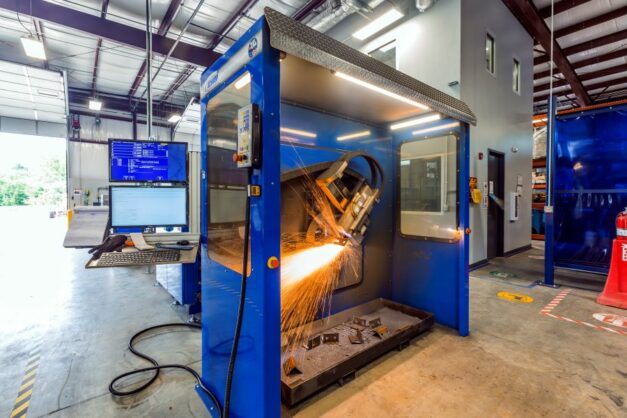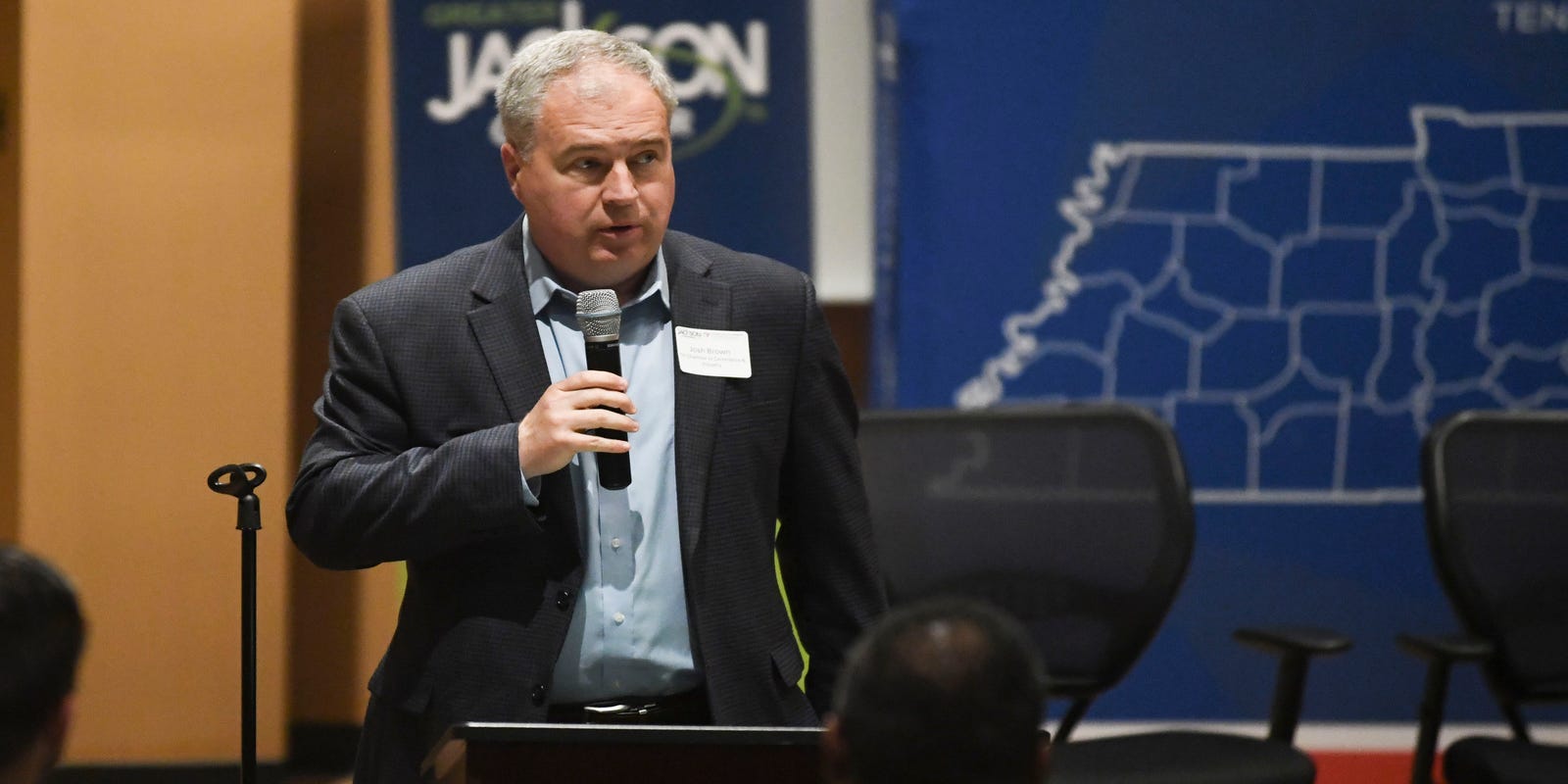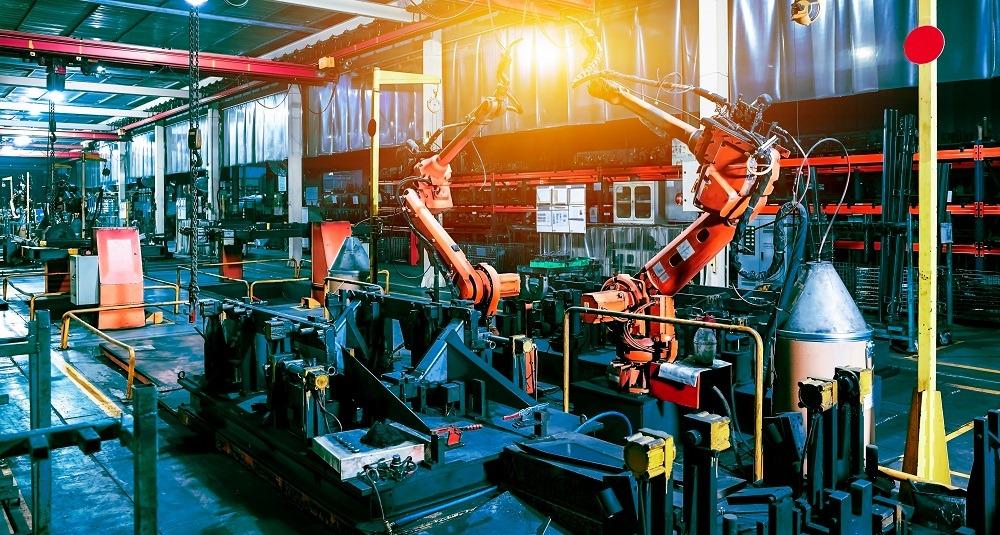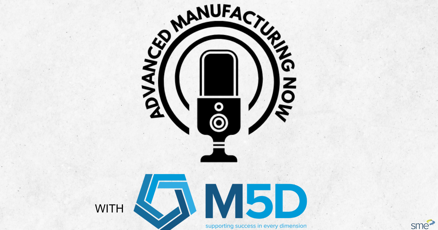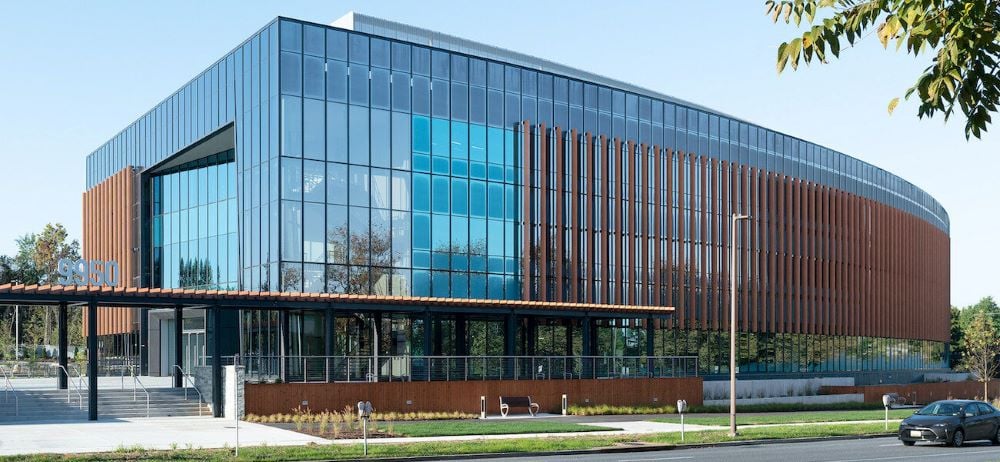
Biotech Breakthrough: AstraZeneca Unveils Cutting-Edge $300M Cell Therapy Hub in Maryland
AstraZeneca Expands Cell Therapy Manufacturing with New Rockville Facility
In a strategic move to catch up in the rapidly evolving cell therapy landscape, AstraZeneca has made a significant leap forward by inaugurating a cutting-edge manufacturing site in Rockville, Maryland. The company's global operations chief, Pam Cheng, candidly acknowledges that they are a bit late to enter the cell therapy arena.
The impressive $300 million facility represents a major milestone for AstraZeneca, with plans to employ at least 150 skilled professionals. The state-of-the-art plant will focus on producing clinical and potential commercial CAR-T treatments, showcasing the company's commitment to advancing innovative cell therapies.
This groundbreaking project is part of AstraZeneca's broader strategic investment of $3.5 billion in the United States, signaling the company's dedication to expanding its footprint in the biotech and pharmaceutical innovation landscape.

